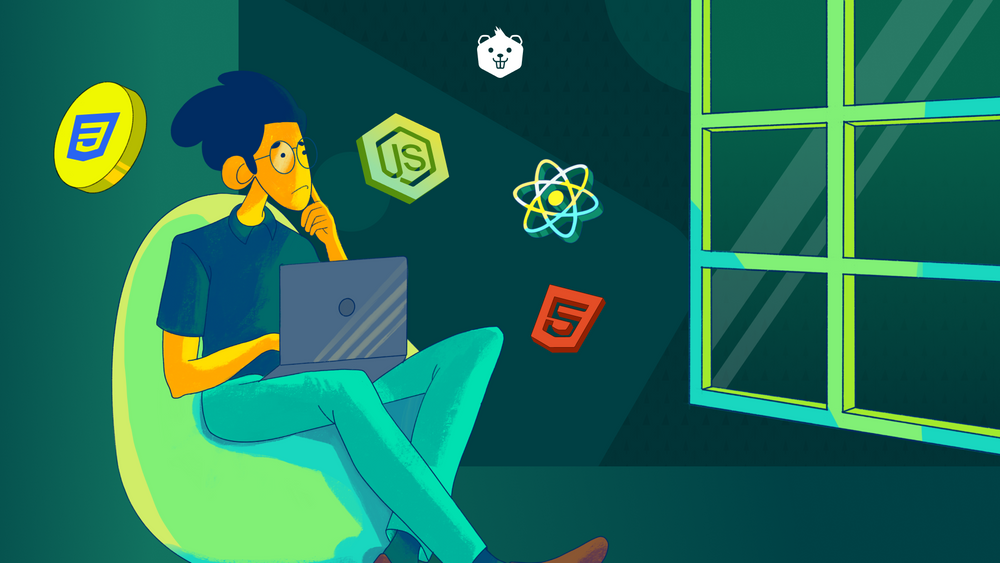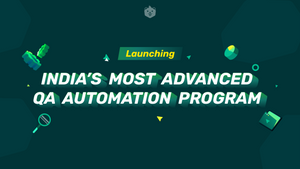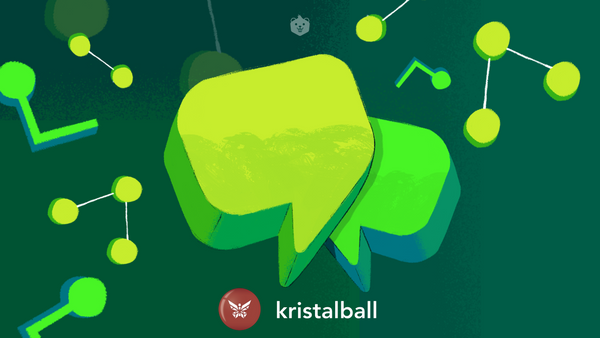If you're interested in pursuing a career in software test automation, one of the major things you'll need is to decide which programming language to learn. With a variety of options available out there, it can get quite tricky. But, worry not!
By the end of this blog, you will be able to decide which programming language to learn. To begin with, let’s explore what options are available to you.
Java
Java is a popular choice among test automation engineers because of its stability, reliability, and flexibility. It also has a vast library of automation tools and frameworks that make it easier for engineers to develop and execute automated tests. Java is also an excellent language for developing cross-platform automation scripts.
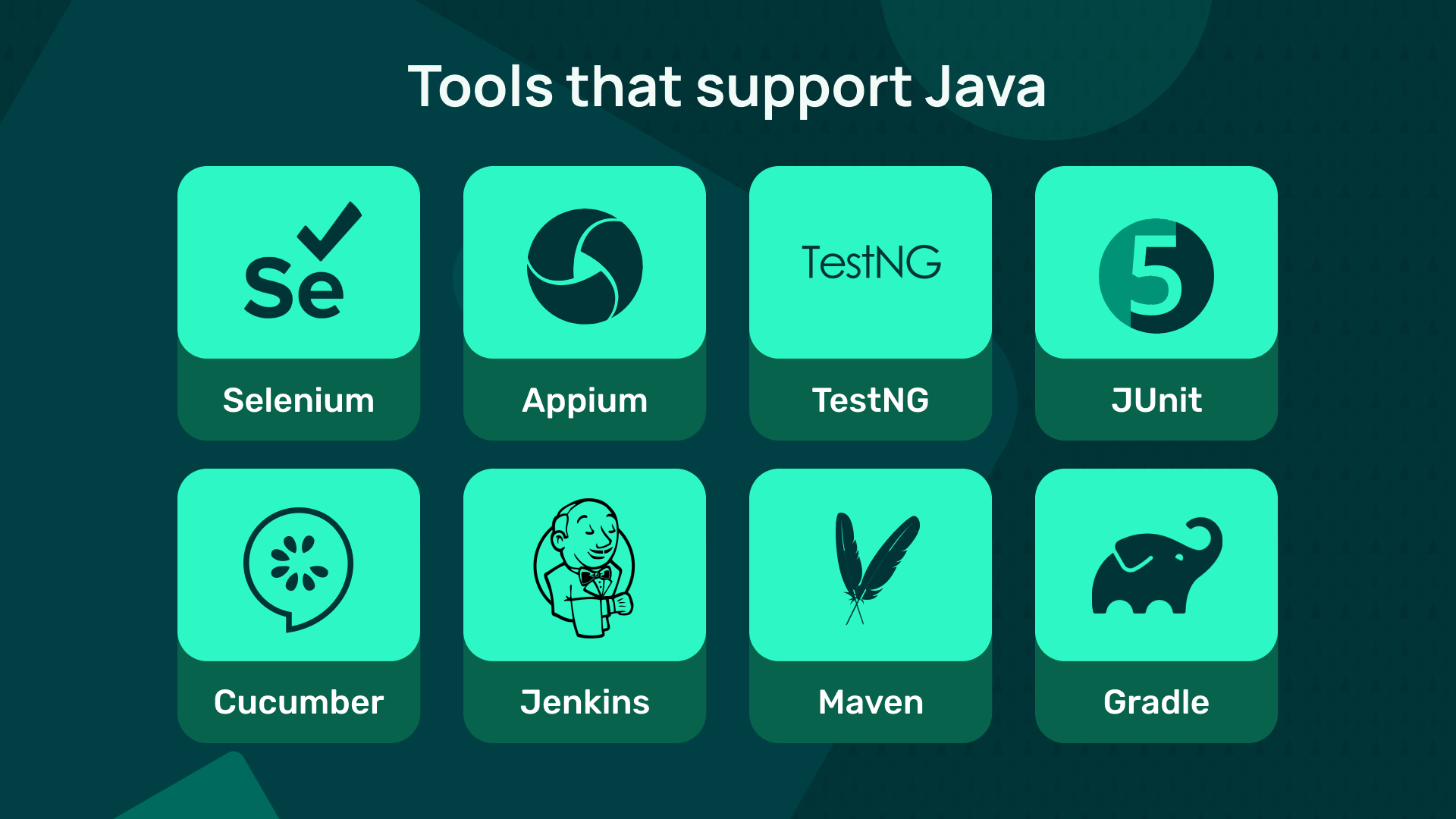
Python
Python's popularity in test automation is due to its ability to handle a wide range of automation tasks, including web testing, mobile testing, and API testing. It is also an excellent language for developing data-driven automation tests.
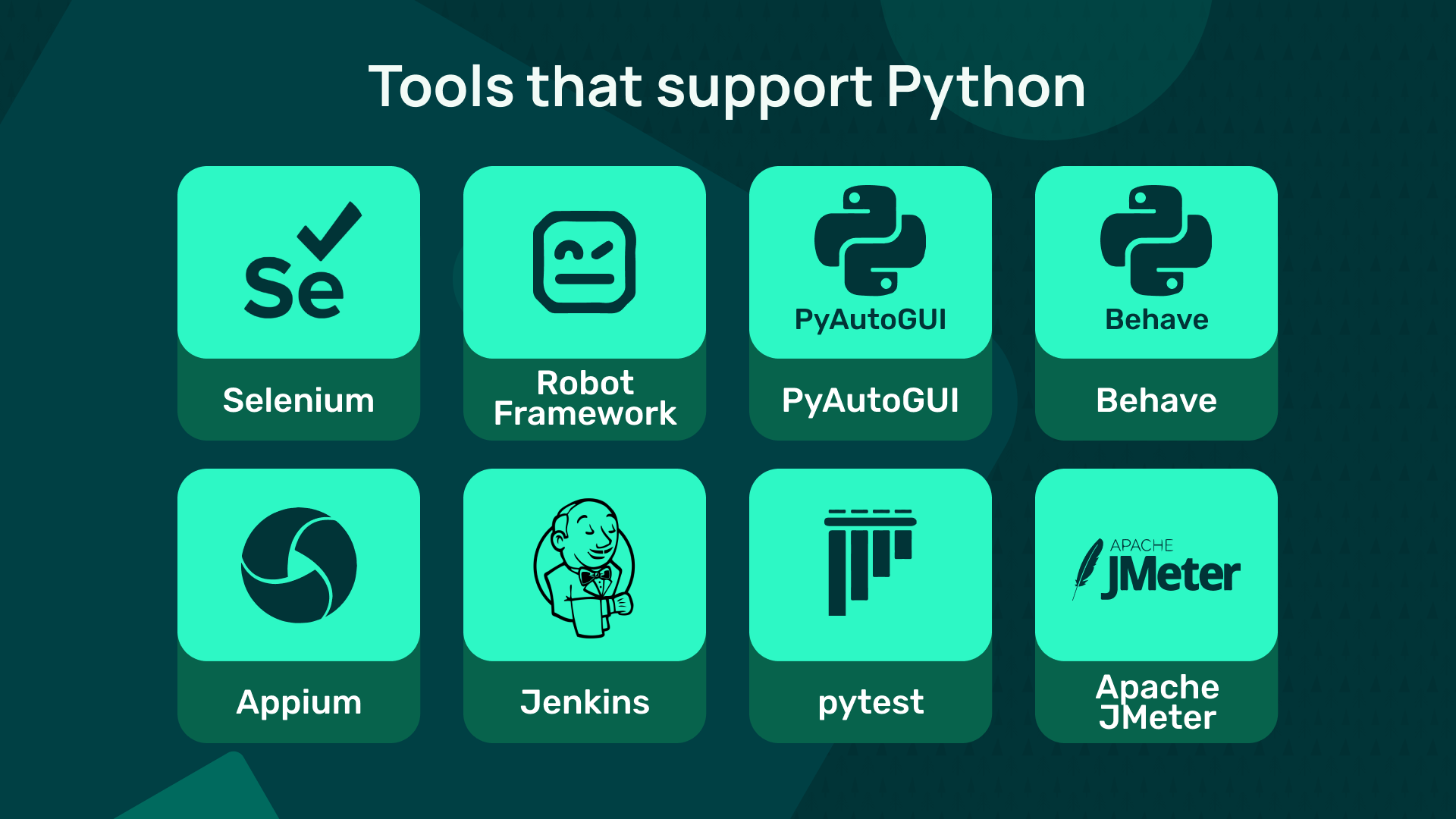
Ruby
Ruby is a dynamic, object-oriented programming language that is also popular in software test automation. Ruby has a clean syntax, which makes it easy to read and write, and it is often used for web application testing. One of the benefits of using Ruby for test automation is its ability to write concise, readable test scripts that are easy to maintain. Ruby is also a great choice for behavior-driven development (BDD) and test-driven development (TDD).
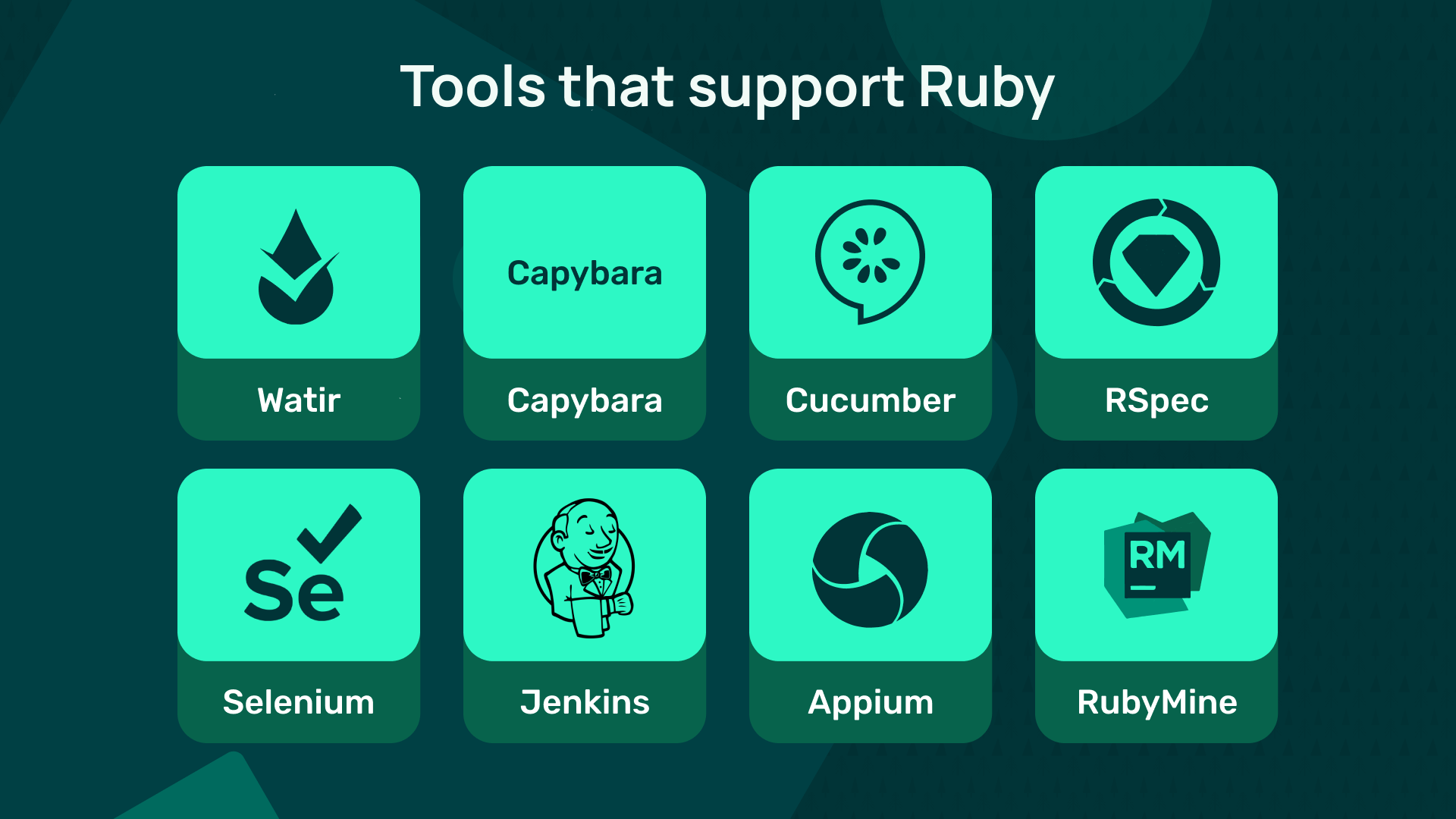
JavaScript
JavaScript is an excellent choice for front-end automation testing, and it is also used for API testing. One of the benefits of using JavaScript for test automation is that it has a large and active community of developers who regularly contribute to open-source automation tools and frameworks.
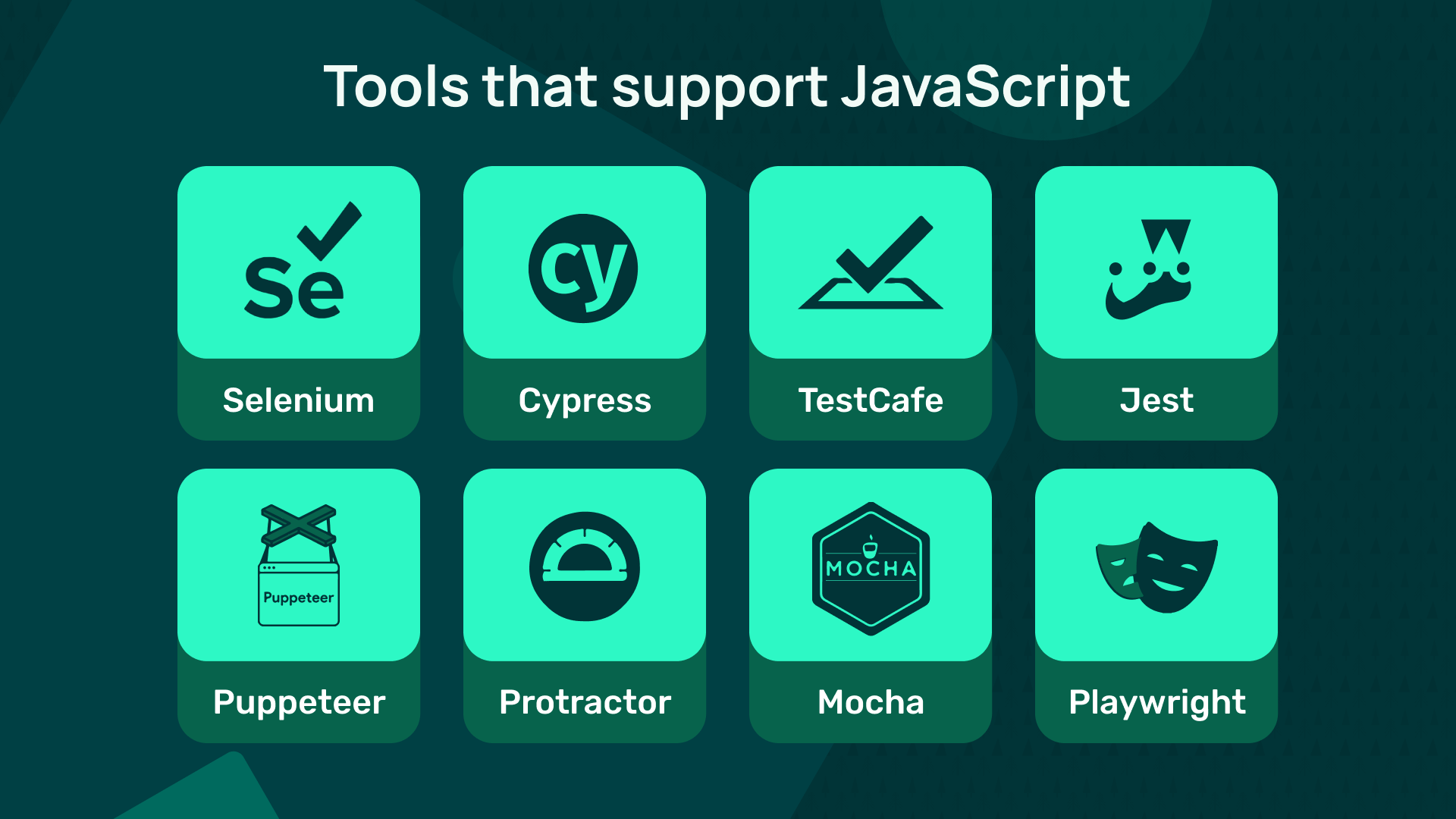
C#
C# is a powerful programming language that is widely used in Microsoft technologies, including the .NET framework. It is a popular choice for test automation, especially for Windows-based applications. C# is also an excellent language for developing data-driven automation tests.
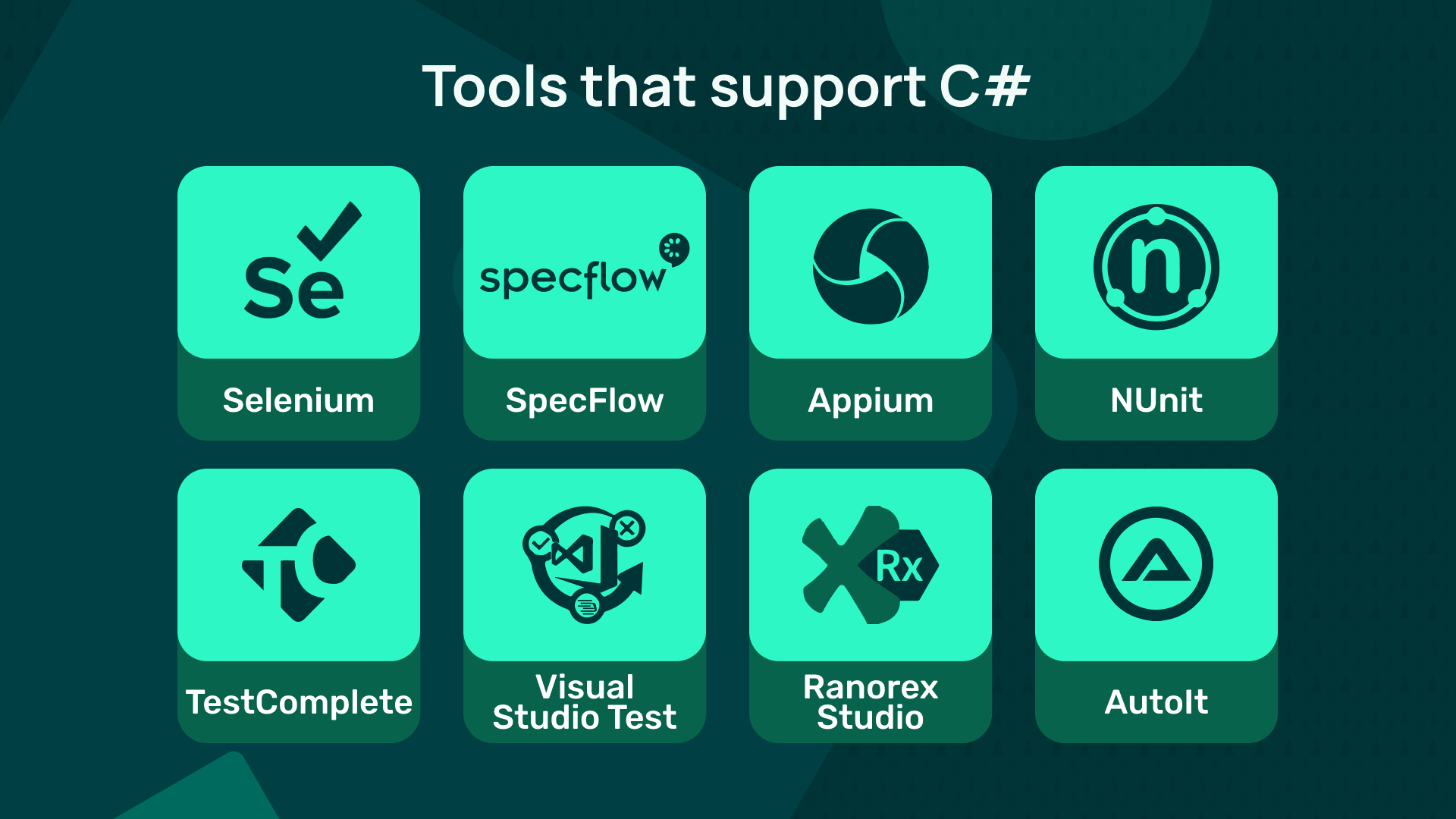
Factors to decide
Now that you know what languages are widely used for Software Test Automation, let’s look at the factors to help you decide which programming language to learn.
If you’ve already decided on a tool you wish to work on, it is best to learn the language which is recommended/ needed for using the tool.
If the tool you’ve selected supports multiple programming languages, for example, if you want to use Selenium for automation testing, it supports Java, Python, C#, JavaScript, Ruby, etc.
Or if you are flexible on the tool selection, you can consider the following factors:
- Programming Language used by the development team: Consider the programming language used to develop the application as it is easier to get internal support.
- Job Market: If you’re planning to switch jobs, it’s better to pick the language that is in high demand by exploring the test automation job posts in major job portals.
- Integration: Choose a programming language that can be easily integrated with other tools like Continuous Integration, defect tracking tools, test case management tools, etc.
- Documentation and Support: Availability of good documentation and supporting/ contributing communities.
What all to learn in a programming language
The above factors would’ve given you enough clarity to choose a programming language. In the below section, let’s get an idea about what more to explore in the programming language
- Core concepts like variables, data types, operators, control structures, and loops.
- Object-Oriented Programming (OOP) concepts such as classes, objects, inheritance, polymorphism, and encapsulation
- Exception handling
- Inbuilt libraries to interact with Input-Output (I/O) API, Database, Collections,
- External / Additional libraries for interacting with Excel, logging, ApacePOI, ExtentReport, etc.
- IDE (Integrated development environment) that is used internally in your project/company or higher market share/demand.
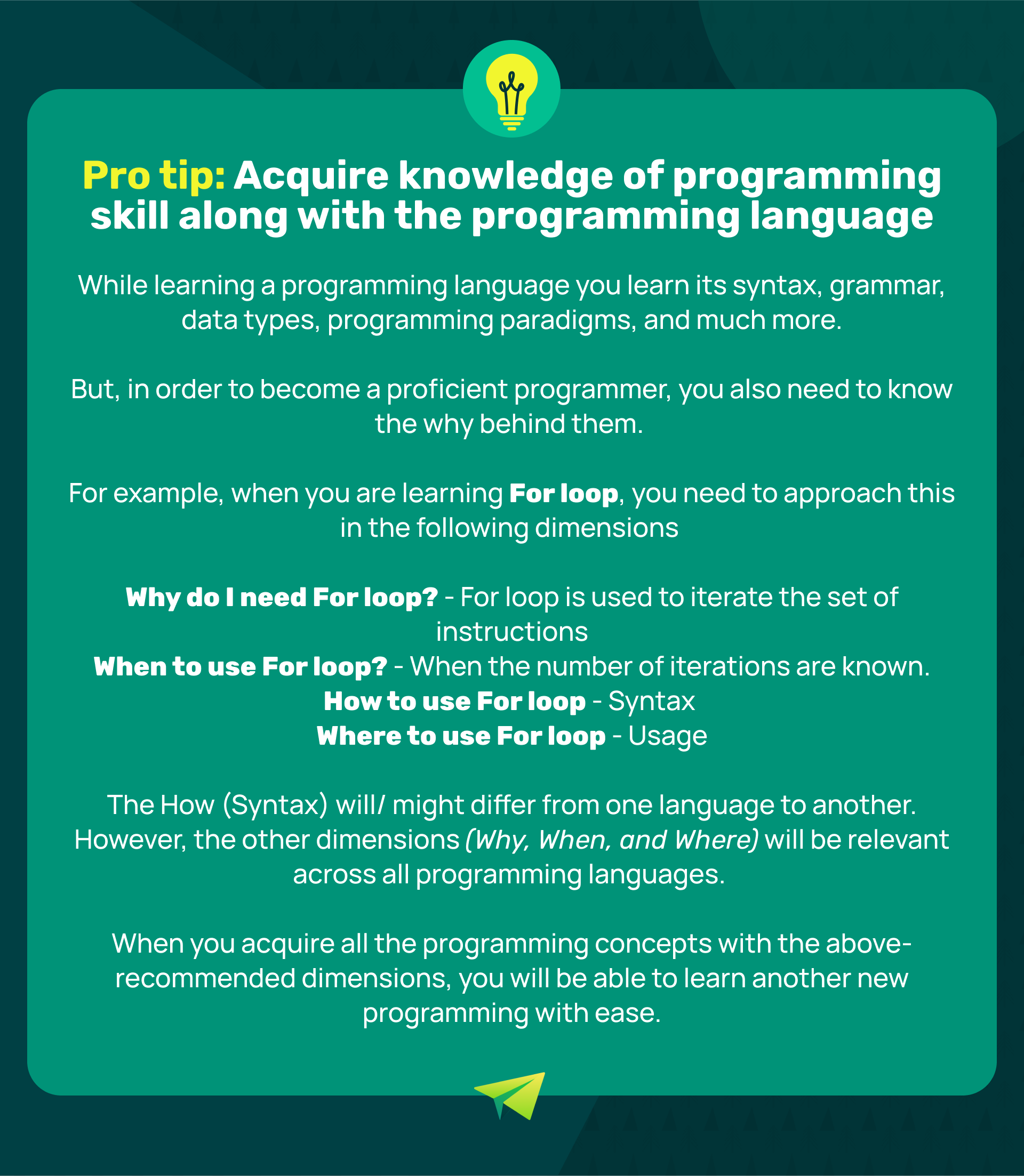
Other aspects to focus on
Irrespective of any programming language, it is highly recommended to get familiar with the following:
- Best Coding Practices
- Debugging Skills
- Problem-Solving Skills
- HTML and XML (If you are working on web-based projects)
What next?
If you have decided to travel this path and make a career in automation testing, setting clear and achievable goals is the first step in your learning journey. Set a timeline to stay focused and motivated.
Crio’s Fellowship Program in QA Automation course provides a structured, hands-on learning experience for automation testing with access to mentors who can provide guidance and feedback.
To stay current in the industry, continue to learn and grow your skills by staying up-to-date with the latest developments in the programming language and test automation tools and frameworks.
What language do you prefer to learn for software test automation, and why? Let us know in the comments.
